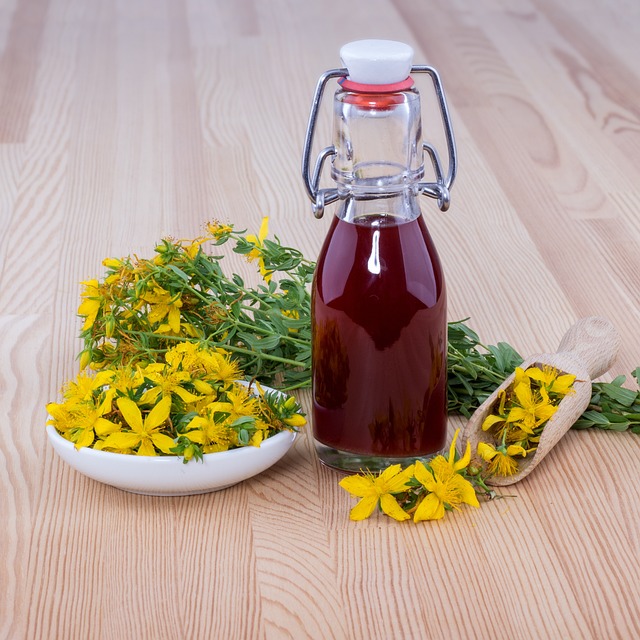If you spend time in nature during the summer days, you have probably noticed the blooming St. John's Wort. It is a medicinal plant that can be harvested, dried, and has healing properties.

It is ideal to harvest St. John's Wort, as well as other plants, when the dew has fallen, after 11 o'clock, when the plants are in full bloom and not moist from dew. The plants should be tied and left in a well-ventilated place to dry. In St. John's Wort, the medicinal flowers are important, not the stems.
St. John's Wort oil, if made correctly, can be used for external and internal use. It does not need to be stored in the refrigerator, but should be kept in a dark place.
St. John's Wort is a photosensitive plant and increases the sensitivity of our skin to the sun. This is especially pronounced if we drink St. John's Wort tea, as we will get sunburned. Usually, this tea is not consumed during the summer. It is excellent for the nervous system and digestive organs, but as a powerful plant, it should be used with caution.
St. John's Wort is a characteristic plant for treating Helicobacter pylori, stomach ulcers, and duodenal ulcers. It also works well on female reproductive organs.
St. John's Wort should not be used with antidepressants and medications for lowering cholesterol and blood pressure. If taken orally, it can diminish the effectiveness of contraceptive pills. Therefore, careful use of this medicinal plant is recommended.